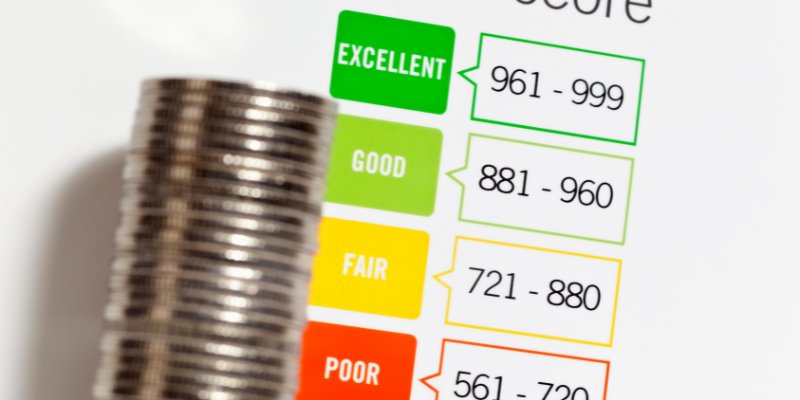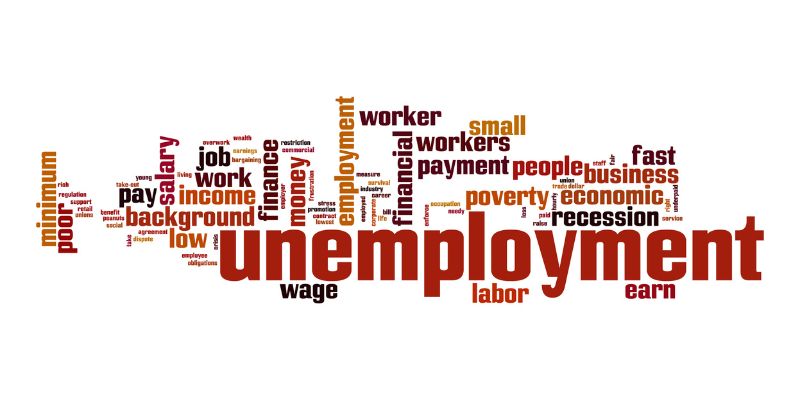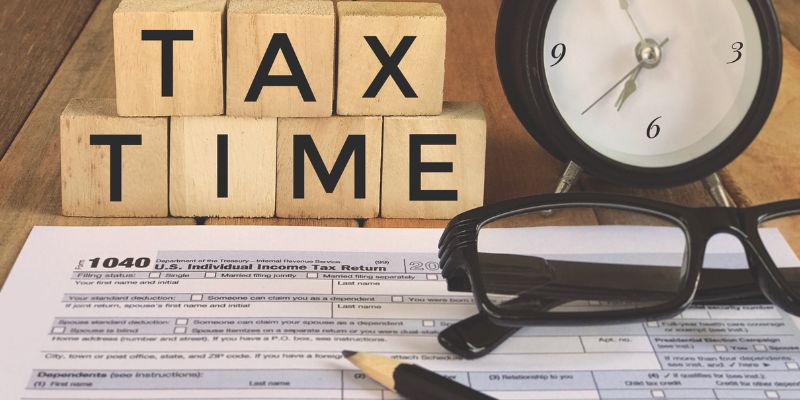Credit Score Impact: Student Loan Deferral
Nov 15, 2023 By Rick Novak
Student loan deferral lets borrowers delay or decrease payments in certain situations, such as financial difficulty, college enrollment, or unemployment. Loan ratings, crucial to financial health, define creditworthiness and future loan availability. The article examines how student loan deferment may affect credit ratings to help borrowers decide.
Learning about student loan deferment is crucial. It lets borrowers stop loan payments under certain situations, such as economic difficulty, college enrollment, military duty, or unemployment. Different forms of deferral enable borrowers to delay payments and avoid loan default.

Understanding Student Loan Deferral:
Deferring student loans temporarily suspends payments. Financially struggling borrowers or those in certain life situations need it. Economic hardship, in-school, military duty, and unemployment deferrals enable borrowers to suspend payments without defaulting.
Student loan deferment requirements vary by loan type and applicant. The loan servicer or lender may request verification of the financial or living conditions that qualify for deferment. Conditions may include unemployment, college enrollment, economic difficulties, or military service.
Deferral kinds and circumstances must be understood by debtors contemplating halting loan payments. Knowing the alternatives and requirements helps borrowers to make intelligent financial decisions.
Credit Scores and Their Determinants:
Loan scores affect interest rates, loan availability, and financial wellness. Payment history, credit utilization, credit history length, new credit inquiries, and credit kinds all affect these ratings. Payment history, a large part of the credit score, shows how often debtors pay. The percentage of credit utilized for available credit affects ratings. Credit scores rise with a lengthy, healthy credit history, diverse credit, and careful credit inquiry management.
Credit scores are calculated using complicated algorithms and various data elements. Maintaining excellent credit practices is crucial to a healthy credit profile since each element affects the score differently.
Impact of Student Loan Deferral on Credit Scores:
Many borrowers worry about how student loan deferment may affect their credit ratings. Different people's credit ratings are affected differently by postponing payments. Changes in payment behavior may cause a modest decline or have no effect.
Credit bureaus treat deferred student loans differently. Reporting delayed loans may modify the payment status, suggesting the loan is temporarily not due and not penalized for non-payment. However, credit reports still record these loans, and the effect on credit scores may depend on the credit agency and the borrower's credit history.
Studying how student loan deferment impacts credit scores helps borrowers predict outcomes. Knowing reporting details and their credit score during deferral helps borrowers make intelligent choices without risking credit score loss.

Strategies for Managing Student Loan Deferral and Credit Scores:
Debtors may use several methods to reduce credit score damage during deferral. For instance, paying any feasible amount during the deferral period shows financial responsibility and a good payment record. Communicating with lenders, understanding reporting practices, and being proactive about credit health helps reduce credit score damage.
Financial preparation is essential during loan deferment. Credit report monitoring, budgeting, and credit practices are crucial even during the deferral. Deferral financial management may be improved by consulting financial consultants or credit counselors.
During deferral, borrowers may choose refinancing, interest rate reduction programs, or income-driven repayment plans to improve their credit and debt management.
Addressing Common Myths and Misconceptions:
There are several fallacies about student loan deferment and credit ratings. Clearing up these myths will help borrowers make better choices and reduce credit health problems during deferral. Dispelling these fallacies requires correct information, education, and borrowers' understanding of credit reporting during deferral.
Debunking myths about how deferral affects credit ratings and how lenders view postponed debts is crucial. Deferral affects credit ratings, so proper information and assistance let borrowers make educated choices without worrying about their credit.
Correcting these myths with precise and thorough information helps consumers choose without worrying about credit ratings after deferral. Borrowers must understand how deferral affects their credit to make intelligent financial choices.
Long-Term Financial Planning and Credit Management:
Borrowers must include student loan deferment in long-term financial strategies. Long-term financial planning requires understanding how deferral fits with financial objectives, creating repayment methods, and planning for future credit requirements.
Credit management during and after deferral requires financial discipline and proper credit practices. Maintaining excellent credit during and after deferral requires checking one's credit report, paying other accounts on schedule, and using credit wisely.
A good financial foundation and prudent credit management, especially during deferral, help borrowers preserve a favorable credit profile for future financial possibilities.
Expert Insights and Recommendations:
Student loan deferral borrowers benefit from financial advisers and credit expert advice. These experts provide personalized advice on managing funds during deferral and the effects on credit health.
Borrowers contemplating deferral should be financially stable, explore alternatives, and monitor their credit. Financial advisers provide personalized assistance to minimize credit damage, handle deferral, and plan for post-deferral financial management.
Expert advice on credit health throughout and after deferral helps borrowers make choices. Financial specialists advise on debt management, repayment strategies, and financial planning.
Maintaining credit health during deferral involves continuously checking credit reports, knowing lender regulations, and consulting financial advisors to make educated loan and credit management choices.
Conclusion:
Borrowers must understand how student loan deferment affects credit scores. Borrowers must evaluate how postponement affects credit scores, reporting issues, and ways to preserve credit health.
Deferral may affect credit ratings in complicated ways. Different borrowers may have different credit score effects. Borrowers contemplating deferral must understand these ramifications, find ways to limit unfavorable impacts and monitor credit health.
In conclusion, intelligent student loan deferral decisions must evaluate credit score impacts and use credit health management measures. Clear awareness, financial planning, and appropriate credit management help consumers postpone without damaging their credit.

Kelly Walker Nov 14, 2023

Kelly Walker Nov 16, 2023

Rick Novak Nov 14, 2023

Rick Novak Nov 14, 2023

Rick Novak Nov 15, 2023

Kelly Walker Nov 16, 2023
